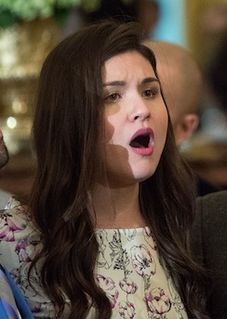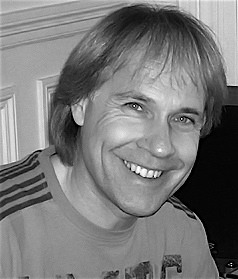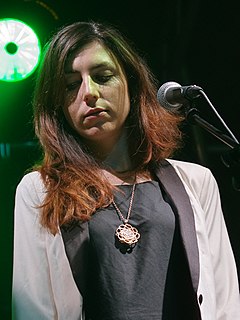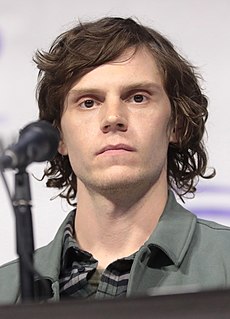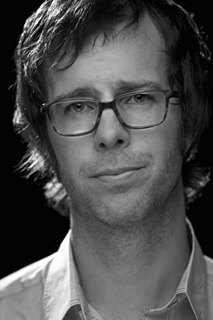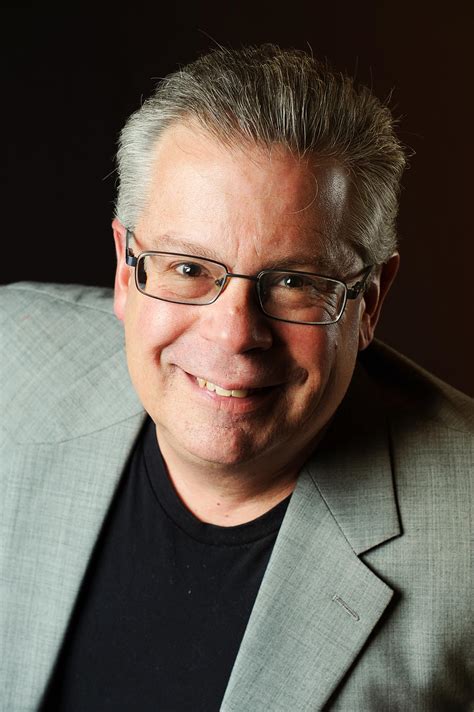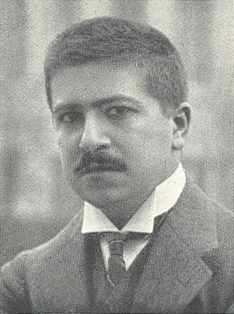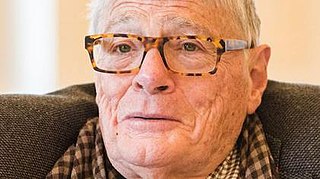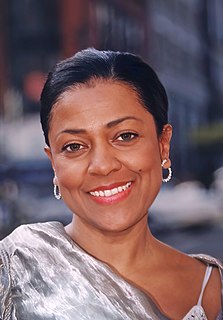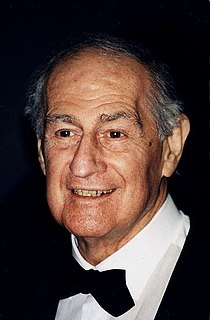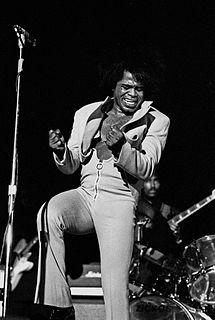A Quote by Phillipa Soo
My grandmother was a classical pianist, so I grew up with Schubert, Mozart, Beethoven. I studied piano as a kid. My musical background and upbringing was very much a mix.
Related Quotes
In my spare time, I’ve been playing a lot of piano. I’m trying to learn classical piano, Mozart and Beethoven and stuff. I took lessons when I was younger and now I sort of sight read the music and play it by ear. It’s fun. It takes up a lot of time. I practice a couple of hours a day, but I find it soothing.
When we hear a Mozart piano concerto today, we're most likely to hear the piano part played on a modern concert grand. In the hands of a professional pianist, such a piano can bury the strings and the winds and hold its own against the brass. But Mozart wasn't composing for a nine-foot-long, thousand-pound piano; he was composing for a five-and-a-half-foot-long, hundred-and-fifty-pound piano built from balsa wood and dental floss.
I bring my classical training - some of it, but not all of it - and also my background and culture, to spirituals. And I try to leave room for that unpredictable factor, where the feeling of the song is allowed to come through. The same ethos can be applied to singing Mozart, or Schubert, or Bach. It's not just about what's on the page.
